The transition back to school can take its toll on everyone - parents, children & teachers! Transitions for children from hard places may add yet another layer of challenges.
Our Back to School Series has covered tips on what NOT to do, what TO do & how to build a bridge with your child's teacher. As we searched for letters to send teachers about the unique needs of children that are adopted or in foster care, there were few options and they were very long. So we've created our own!
As a former teacher, I know the first few weeks of school are busy & NOT the time to hand packets of information on trauma-informed classrooms to teachers if I want them to read them! To win our teachers over to trauma-sensitive ideas, we have to win their trust & be strategic in our sharing of information. Here are a few ideas of how to share the needs of your child over the course of the first few weeks. These letters are not meant to be word for word. Feel free to copy & change as you need!
Beginning of School Year Sample Letter
Keep it short, simple & easy action steps for the teacher to make the first few weeks. Make this communication about behavioral strategies & triggers. These are the NEED to KNOW items to make the first few weeks successful.
Dear Teacher,
Thank you for the tireless hours you put into making your classroom a safe place for ALL children. I’m excited for this upcoming school year & can’t wait to see how _____ grows & learns in your classroom.
_____ is a great kid who loves ______, _______, & ______. We spent the summer (give them something to connect with your child over). She even learned __________.
I wanted to share a few things with you as we start the school year to make it the most successful for you & ____.
If applicable: You should be receiving her IEP or 504 plan with more specifics but these are the things I think are most important the for the first weeks of school.
___ has a difficult time when it comes to _______. You can recognize it when she does _________ (It looks like this:__________.) Last year, her teacher ________ when it was time to _________. It was a great strategy that helped her ________.
(Share a challenge, what it looks like - so the teacher can recognize, & what works to re-engage your child.)
For example: Sally has a difficult time when it's time to transition from an activity that she loves. At home, she will get upset, stomp her feet & yell. (If you know this info) Last year at school, the teacher said she was verbally defiant. We found that by giving her a visual cue of holding up fingers to show her how many minutes until she had to switch activities. The teacher also told her when she could expect to the activity she was leaving again.
Another example: Sally seems to struggle around 1pm in the afternoon. For the past few years, she asks to go to the nurse around the same time. I've learned that is her cue that she needs some sensory input and/or movement. Having her take a quick break to get a drink, take a note to the office or help with some heavy work in the classroom (like moving a stack of books for you) have been effective strategies in giving her the sensory input she needs.
I plan on touching base regularly to see how _____ is adjusting. I hope we can work together as a team so that ____ has the most success. Please feel free to reach out with any concerns or questions. The best way to reach me is ______.
Looking forward to a great school year!
Download the Back to School letter
Make this communication about your child & share 1 thing you've learned about trauma, brain development or adoption. Need ideas of WHAT to share? Check out Part 3 of this series for resources you can use!
Dear Teacher,
Thank you for a great start to the school year. You’ve made it 6 weeks! I wanted to touch base & see how things were going for you & _____. Is there anything we can do at home to support what you are doing at school?
I’d love to share a little more about _____ & what makes her unique.
Option 1:
Over the past year or so, I have learned a lot of information on trauma, brain development & adoption.
OR
Option 2:
Because of the short time ____ has been in our home & the complexity of her early formative years, we are learning to parent with a different approach. Our goal is build trust & connection to meet her unique needs.
One thing that has really stuck with me is _________. I see it play out in _____’s life when ______.
Share ONE thing you’ve learned about trauma, brain development, social-emotional learning, etc & how it specifically relates to your child & the classroom.
The research is called TBRI or Trust Based Relational Intervention by the Karyn Purvis Institute of Child Development. If you are interested in learning more, here’s 3 minute video that explains the research that has been done to help children from hard backgrounds find healing.
https://child.tcu.edu/tbri-animate/
Thanks for taking the time to gain a little bit more understanding into ____’s background.
Download the 6 Week Letter
Check-in on a specific concern/accommodation.
Thank you for all you do to meet the needs of all your students. I appreciate how you have worked with ______ on _______. (Give a specific example(s) of how this teacher has made a difference). Can you tell me how ______ (a specific accomodation) is working for both you and ______?
I also wanted to let you know that _____ (season, certain month, etc) tends to be a trigger for _____. You may see her _______. (what teacher should look for) Though you & I know she is safe, her body & brain are working against that. Please let me know if you see any of these behaviors during school.
If you are looking for more information on how you can implement a few strategies into your classroom, the Karyn Purvis Institute for Child Development has a website for teachers with great resources. https://child.tcu.edu/tbri-for-teachers/
Please let me know how we can best work together as team & support you at home.
Download the Anytime Letter
Thank you for making your classroom a safe place for all children. I wanted to make you aware of a few things: ___ has been in our family for ____ months/years. While adoption is only a part of her story, we recognize the losses she had to go through to be in our family & are sensitive to how those losses affect her now.
Well-meaning projects like family trees, genetics, country of origin, autobiographies, & baby picture projects about early life experiences can bring up big emotions for adoptees (& other children from hard places).
If you have any projects, books or other related materials, would you please let me know when you will begin discussing them in class? I would love to talk with you how we can make the project fit ___'s needs so that she doesn't feel isolated or embarrassed. I'm sure ___ is not your first student to have to adapt projects & appreciate your willingness to work together to ensure her success this year.
Thank you,
*If you are looking for specific projects & adaptations check out @trauma_informed_montessori on Instagram. She's got ideas for family trees, personal timelines, what I did this summer, etc.
Download the Early in Year - School Project Letter
The goal here is so that you are NOT surprised at conferences!!
Thank you for a fantastic start to the school year. I appreciate you ______ (share something specific the teacher has done to help your child succeed).
I’m looking forward to connecting with you at conferences in a couple of weeks. I wanted to touch base & see if you have any concerns regarding ____’s school work, behavior or social interactions. I’ve noticed ________ & wondering if you have seen any of the same things at school.
Share ONE thing you’ve learned about trauma, brain development, social-emotional learning, etc & how it specifically relates to your child & the classroom.
Thank you again. She has _____ (something positive you’ve seen in your child since the start of school).
Please let me know how we can, at home, best support what you are doing at school.
***NOTE: THIS is especially true as your child moves toward high school.
As we look towards next year & the accommodations set in place, do you have any recommendations of changes so that _____’s IEP(504) is appropriate for ___ grade or the high school level?
Download Mid-Year Letter
AuthorCheryl Bentsen is Co-founder & Children's Programming Director of LoveMovesUs. After teaching in the public school system and then leading various children's ministries, Cheryl found her passion in serving families that have fostered or adopted. After becoming a mom by adoption & learning more about the unique challenges of families that open their home to vulnerable children through adoption & foster care, Cheryl & her husband, Jason, set out to meet the needs of families in their community. Over the last 3 years, LoveMovesUs has served over 100 families in 8 different locations throughout Chicagoland. Cheryl is an ETC Parent Trainer with a passion for sharing practical connected parenting strategies to strengthen families with unique needs. Together, Jason & Cheryl have 2 children through domestic adoption. |

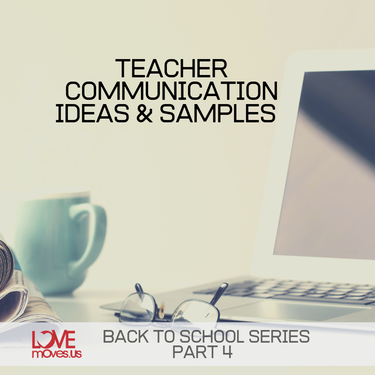

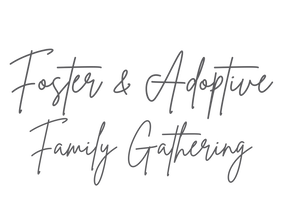
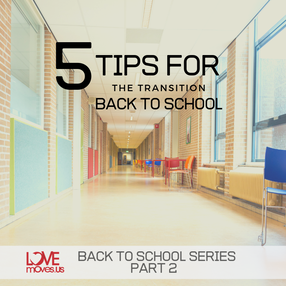
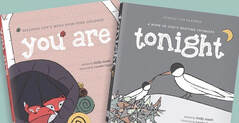
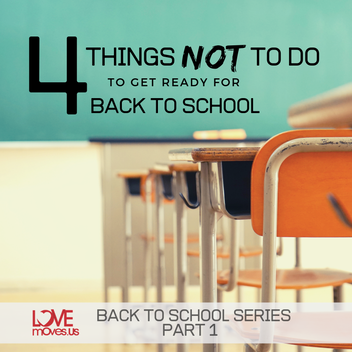

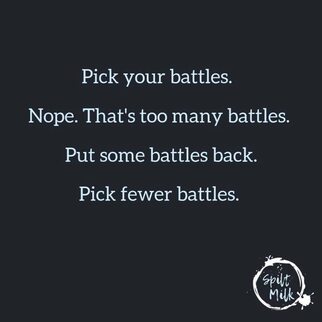



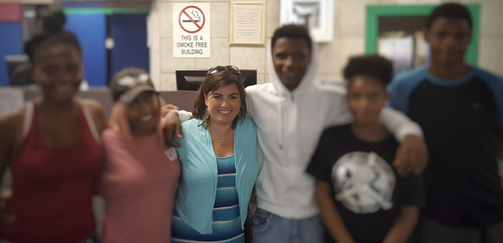


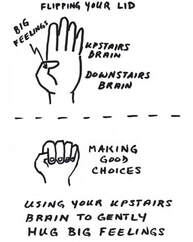
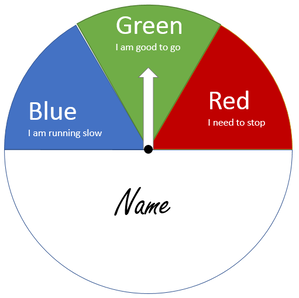

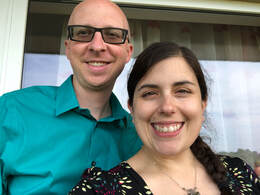
 RSS Feed
RSS Feed